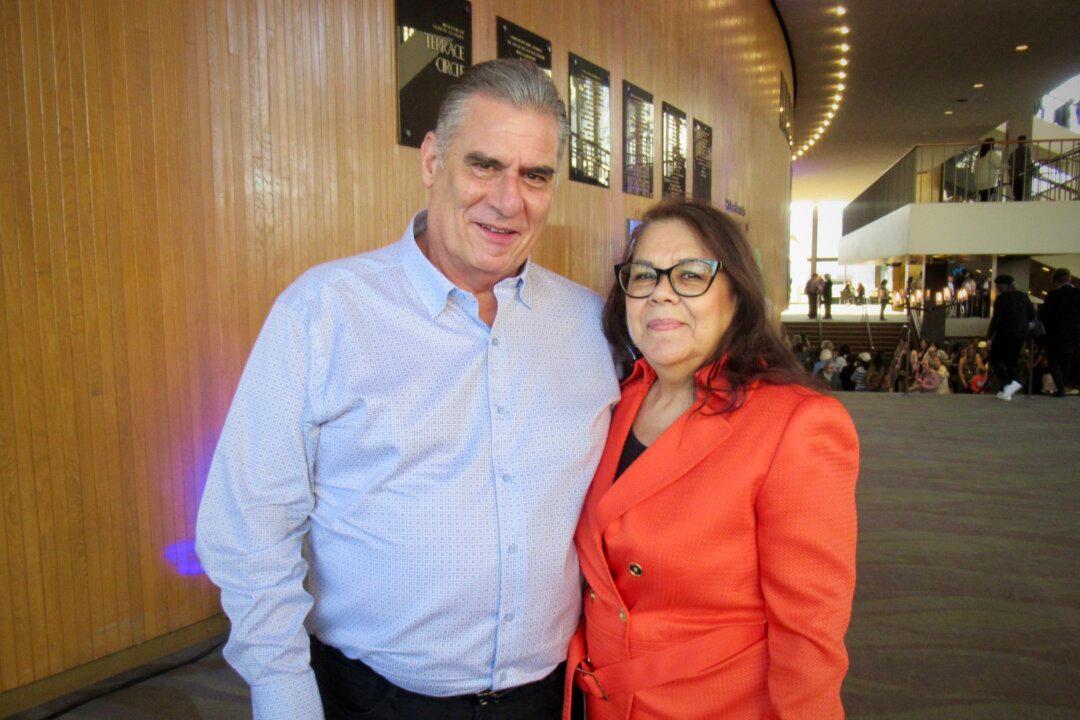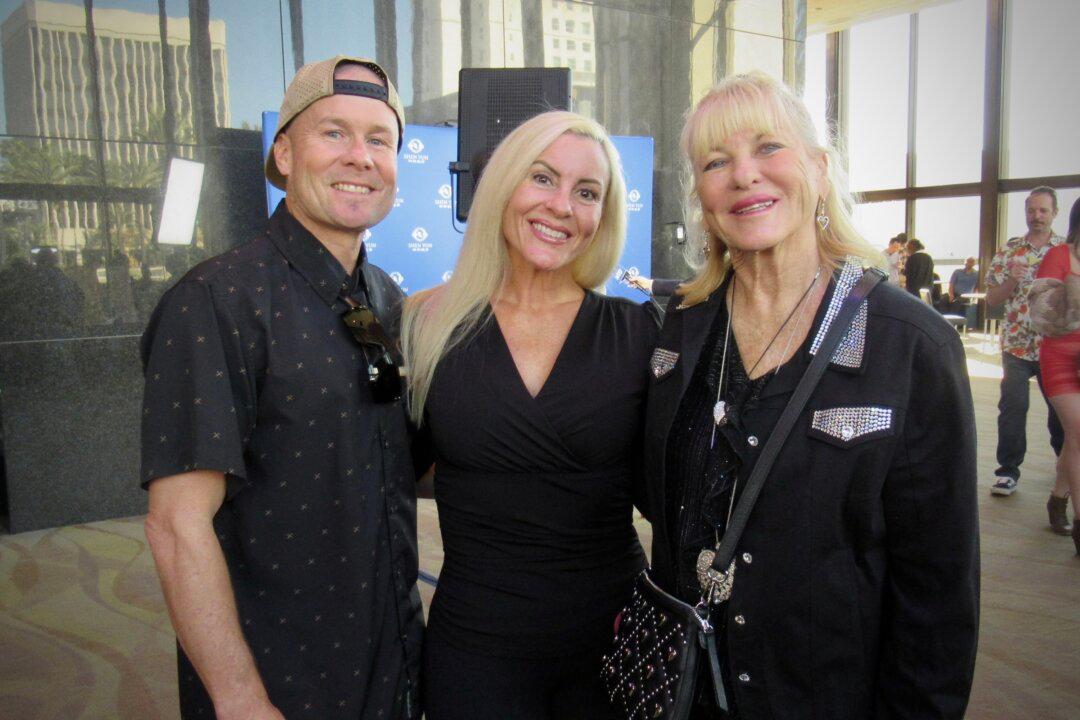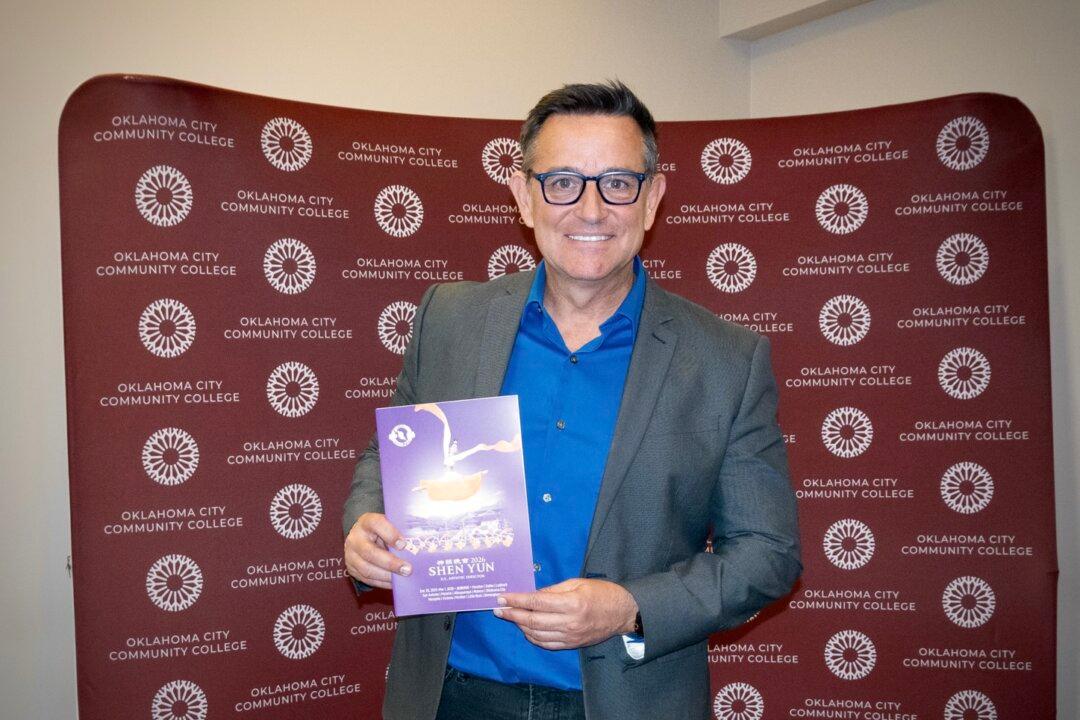Julie Chandler and Paul DiGiacomo had no idea where their daughter was, until one day they saw her on TV. She was being interviewed on the street in Boston about her life as a heroin addict.
Meghan DiGiacomo has been addicted to opioids for over a decade—since she was 19. She ended up on heroin, homeless, and living on the street.





